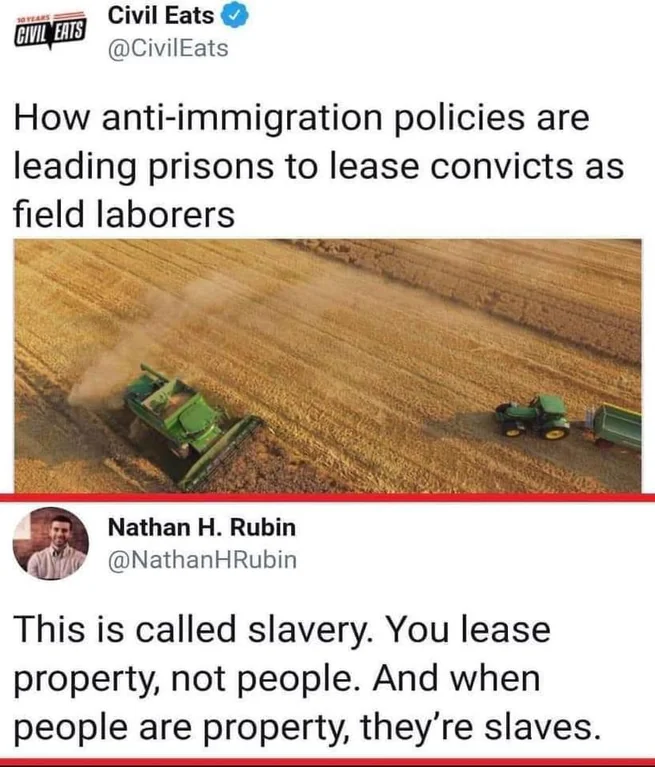Abolition of police and prisons
Abolish is to flourish! Against the prison industrial complex and for transformative justice.
See Critical Resistance's definitions below:
The Prison Industrial Complex
The prison industrial complex (PIC) is a term we use to describe the overlapping interests of government and industry that use surveillance, policing, and imprisonment as solutions to economic, social and political problems.
Through its reach and impact, the PIC helps and maintains the authority of people who get their power through racial, economic and other privileges. There are many ways this power is collected and maintained through the PIC, including creating mass media images that keep alive stereotypes of people of color, poor people, queer people, immigrants, youth, and other oppressed communities as criminal, delinquent, or deviant. This power is also maintained by earning huge profits for private companies that deal with prisons and police forces; helping earn political gains for "tough on crime" politicians; increasing the influence of prison guard and police unions; and eliminating social and political dissent by oppressed communities that make demands for self-determination and reorganization of power in the US.
Abolition
PIC abolition is a political vision with the goal of eliminating imprisonment, policing, and surveillance and creating lasting alternatives to punishment and imprisonment.
From where we are now, sometimes we can't really imagine what abolition is going to look like. Abolition isn't just about getting rid of buildings full of cages. It's also about undoing the society we live in because the PIC both feeds on and maintains oppression and inequalities through punishment, violence, and controls millions of people. Because the PIC is not an isolated system, abolition is a broad strategy. An abolitionist vision means that we must build models today that can represent how we want to live in the future. It means developing practical strategies for taking small steps that move us toward making our dreams real and that lead us all to believe that things really could be different. It means living this vision in our daily lives.
Abolition is both a practical organizing tool and a long-term goal.
view the rest of the comments

because violent criminals should experience justice before death, and that justice should attempt to repay society for the crimes they've committed. I have yet to meet anyone against sentencing people to community service as part of a parole, but as soon as you also keep them in prison as part of their sentence, it's immoral and unjust?
How does that help anyone?
By keeping people who think the punishment for doing violent crimes has become "lax enough" from themselves committing these crimes.
I'm thinking of the people who would rather kill their spouse than go through a divorce, or who would kill someone to leave no witnesses to a lesser crime. I'm worried about any of these people seeing a completely humane prison system and thinking "yeah even if I got caught it would be worth it.” for any crime that harms another person. This is a short term change in policy that we can enact to make a HUGE leap in improving our justice system, while the mental healthcare system of our country catches up.